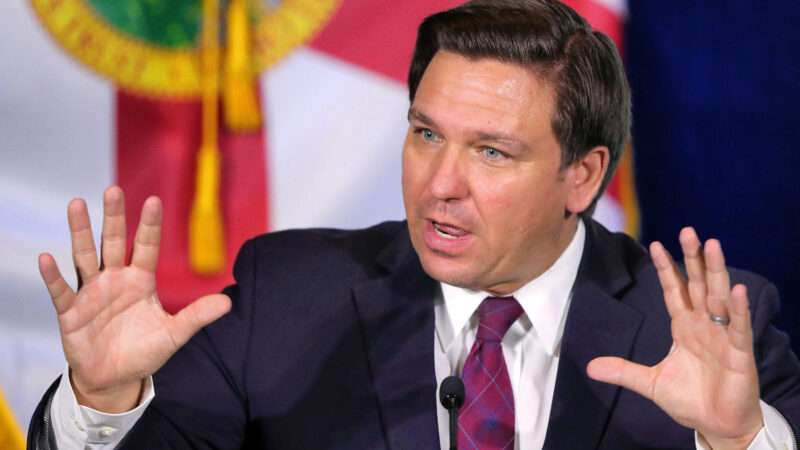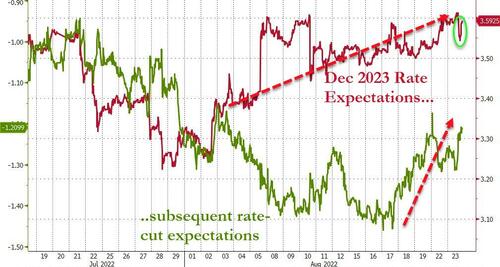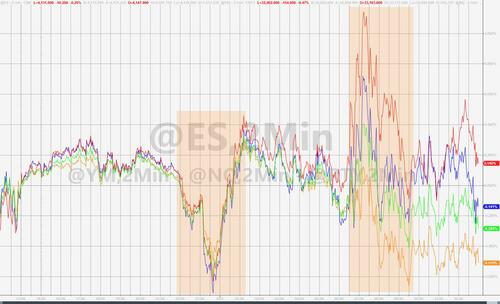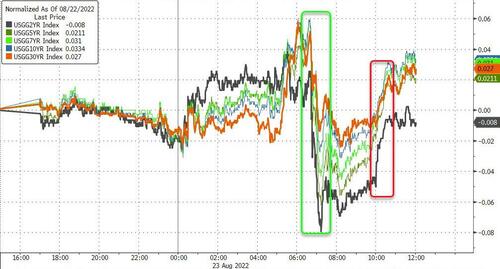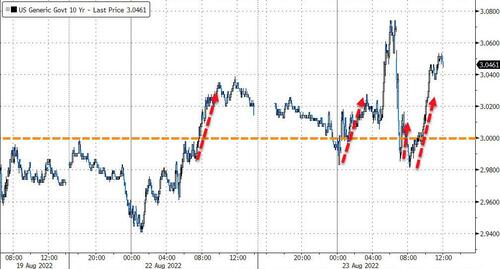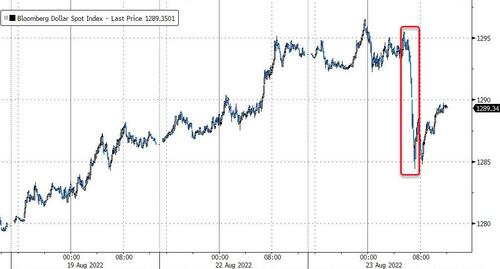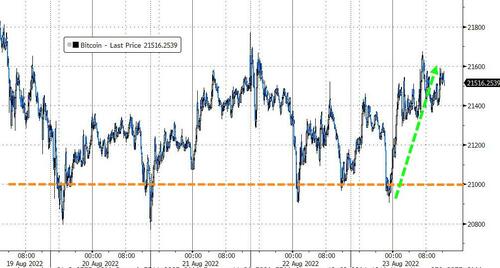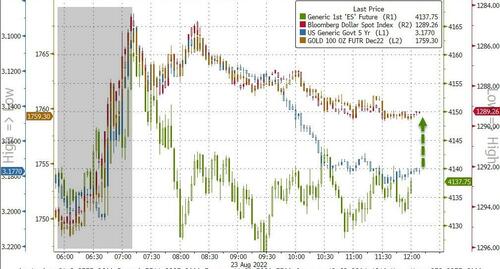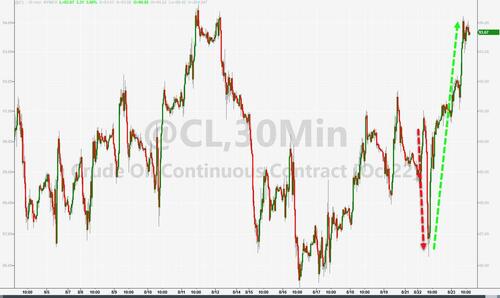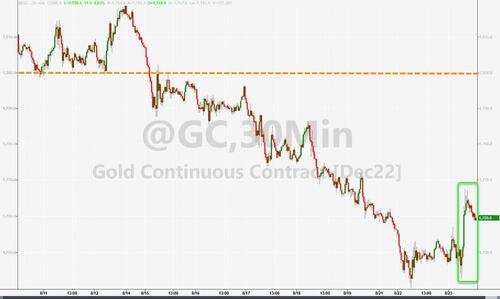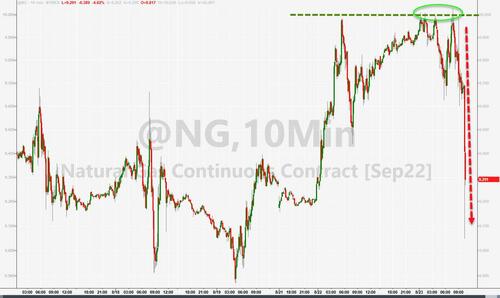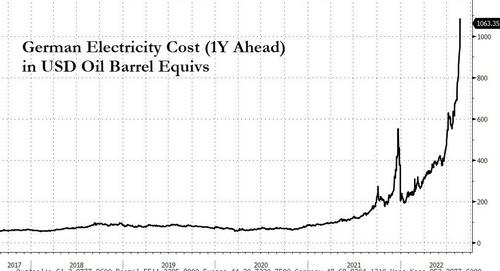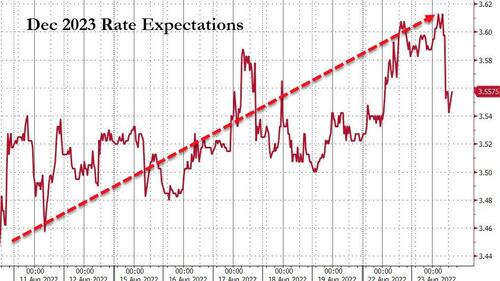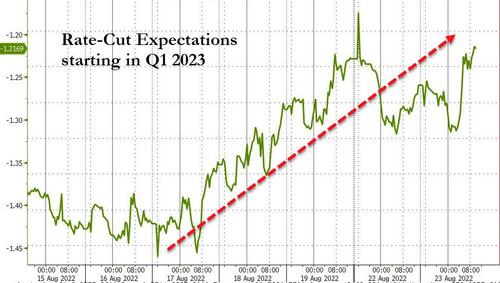
Sky-high rent increases have escaped expensive coastal metros to hit fast-growing, traditionally more-affordable metros in the Sunbelt. Spreading with those price hikes are new battles over rent control.
The latest flare-up is in Orlando, Florida, which has seen some of the fastest rental price increases since the start of the pandemic, growing 20 percent over the past year according to Apartment List’s latest rent report. Only Miami has seen faster rent growth.
In response, earlier this month, commissioners in Orange County placed an initiative on the coming November ballot that would limit rent increases to annual inflation, as measured by the consumer price index. The measure also authorizes fines of up to $15,000 for noncompliant landlords and gives tenants the right to sue over violations of the law.
“Corporate landlords, real estate investors and developers are raising prices and making record profits while hardworking Orange County residents are priced out of their communities,” said Stephanie Porta, a cofounder of the social justice group Florida Rising, last month during a commission meeting.
Less excited about the ballot initiative are property owners, who have filed a lawsuit arguing that the rent control initiative is illegal under Florida state law and should be taken off the ballot.
In a complaint filed last week, the Florida Apartment Association and the Florida Association of Realtors described the rent control ordinance “adverse and antagonistic to the public interest” and said they “face a likelihood of irreparable harm” if it remains on the ballot.
The lawsuit generally skips over the bigger constitutional questions of rent control and instead challenges the Orange County ordinance for violating the high bar state law sets for adopting the policy.
Florida intentionally makes it very difficult for local governments to impose rent control. Cities councils and county commissions must approve a rent control ordinance themselves and then put it on the ballot. The policy also sunsets after a year as well.
Most importantly for the lawsuit challenging Orange County’s measure, the local government must also declare that there’s a housing emergency “so grave as to constitute a serious menace to the general public and that such controls are necessary and proper to eliminate such grave housing emergency.”
As described in the complaint, Orange County commissioners received a lot of expert advice that the conditions in the county in 2022 failed to meet this strict definition of emergency.
A memo from the county attorney said that factors beyond an increase in rental prices and a shortage of rental housing were necessary to prove an emergency. Rather, it required rampant evictions and housing overcrowding so bad that it was resulting in disease and in sanitary conditions.
Another county-commissioned report also found that rent control would not solve the regional and national housing market trends driving higher rents. Nevertheless, the county commission voted in a close 4–3 decision to put the question to voters.
The plaintiffs are demanding in their lawsuit that rent control be removed from the ballot and that the court prevent the county from enforcing it if it does pass.
Rent control is having a revival right now as the housing affordability situation worsens across the nation. But despite some efforts by activists and commentators to rehabilitate the policy’s image, the results of rent control everywhere it has been tried suggest that it benefits a few incumbent tenants while permanently suppressing the housing supply it regulates.
There’s no reason to think Orange County will be any different.
The post Lawsuit: Orlando Rent Control Proposal Is Illegal appeared first on Reason.com.
from Latest https://ift.tt/bmEfrR9
via IFTTT
